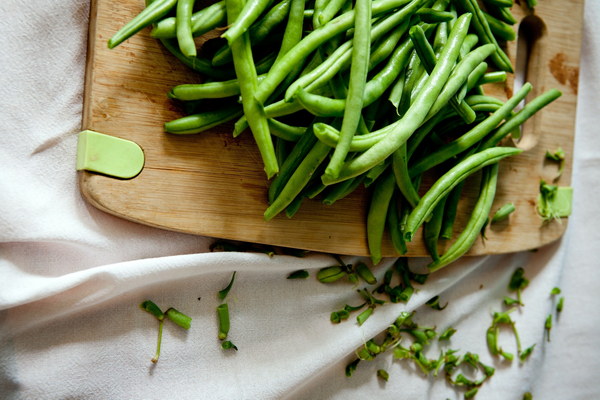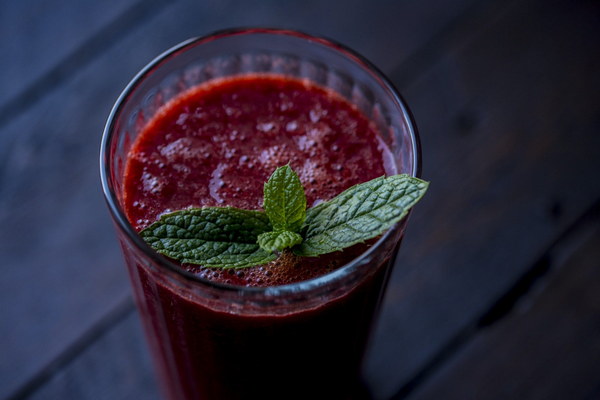Natural Stone Prevention Exploring Diet-Based Therapies for Kidney Stone Management
Kidney stones, or renal calculi, are hard deposits that form inside the kidneys. They can be painful and often require medical intervention for removal. While conventional treatments are effective, many individuals are interested in complementary and natural methods to prevent kidney stone recurrence. Diet plays a crucial role in both the formation and prevention of kidney stones. Here, we explore various diet-based therapies that can help in the management of kidney stones.
1. Hydration: The Foundation of Stone Prevention

One of the most important aspects of diet-based kidney stone prevention is adequate hydration. Drinking plenty of water helps to flush out small stones and prevent the formation of new ones. The general recommendation is to drink at least 8 to 10 glasses of water per day, or about 2 to 3 liters. However, this amount may vary depending on individual factors such as climate, activity level, and overall health.
2. Low Oxalate Diet
Oxalate is a naturally occurring substance found in many foods, particularly leafy greens, nuts, and chocolate. High levels of oxalate can combine with calcium to form calcium oxalate stones, a common type of kidney stone. A low-oxalate diet involves reducing the intake of high-oxalate foods and focusing on low-oxalate alternatives.
- High Oxalate Foods to Limit: Spinach, rhubarb, beets, strawberries, nuts, chocolate, tea, and coffee.
- Low Oxalate Alternatives: Leafy greens like kale and Swiss chard, broccoli, and fruits like apples and blueberries.
3. Low Animal Protein Diet
Animal protein, particularly red meat, can increase the risk of kidney stone formation. This is because the breakdown of protein produces uric acid and calcium, both of which can contribute to stone formation. A diet that is lower in animal protein and higher in plant-based proteins can be beneficial.
4. Reduce Salt Intake
High salt intake can lead to increased calcium in the urine, which can contribute to the formation of kidney stones. It's advisable to limit salt to less than 2,300 milligrams per day, and even lower for those at risk of stone formation.
5. Calcium-Rich Foods in Moderation
Contrary to popular belief, calcium-rich foods do not cause kidney stones. In fact, consuming calcium from food can help bind to oxalate and reduce its absorption. However, it's important to consume calcium from food rather than supplements, as high doses of calcium supplements can increase stone risk.
6. Citrate-Rich Foods
Citrate helps to prevent the formation of calcium stones by increasing the urine's pH level. Foods rich in citrate include citrus fruits like oranges, lemons, and limes, as well as dried fruits like prunes and dates.
7. Alkaline Diets
An alkaline diet, which is rich in fruits and vegetables, has been shown to help prevent calcium stones. This diet increases the pH of urine, making it more alkaline, which can reduce the risk of stone formation.
8. Limiting Certain Foods and Beverages
- Caffeine: High caffeine intake has been associated with an increased risk of kidney stones. Moderation is key.
- Sugary Drinks: High sugar intake can lead to increased uric acid levels, which can contribute to stone formation.
- Sodium-Rich Foods: As mentioned earlier, high sodium intake should be limited.
Conclusion
Diet-based therapies for kidney stone prevention are diverse and can be tailored to individual dietary preferences and health conditions. By focusing on hydration, reducing the intake of stone-forming substances, and increasing the consumption of beneficial foods, individuals can take an active role in managing their kidney stone risk. It's always best to consult with a healthcare provider or a registered dietitian when making significant changes to your diet to ensure they are appropriate for your specific needs.









